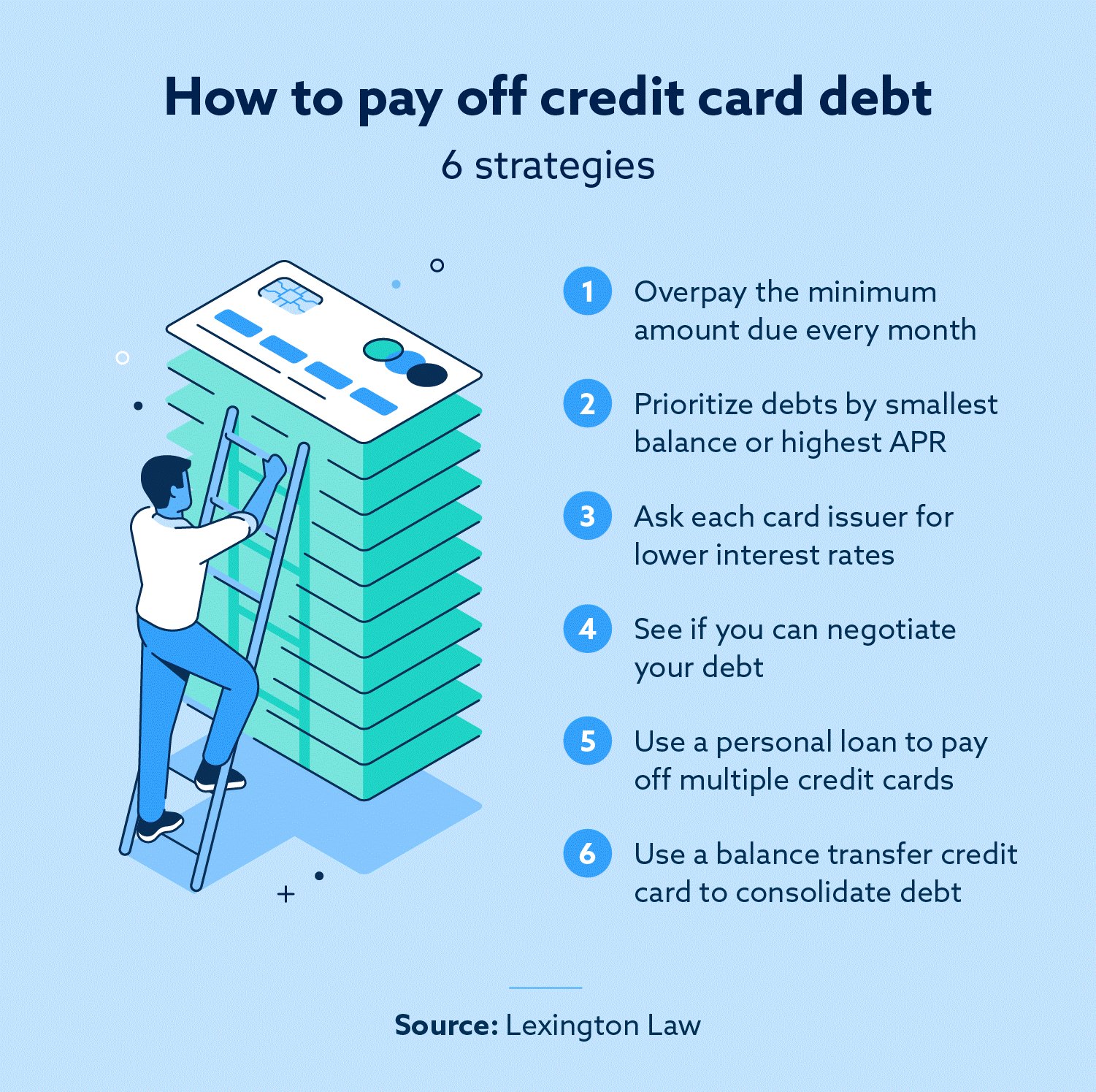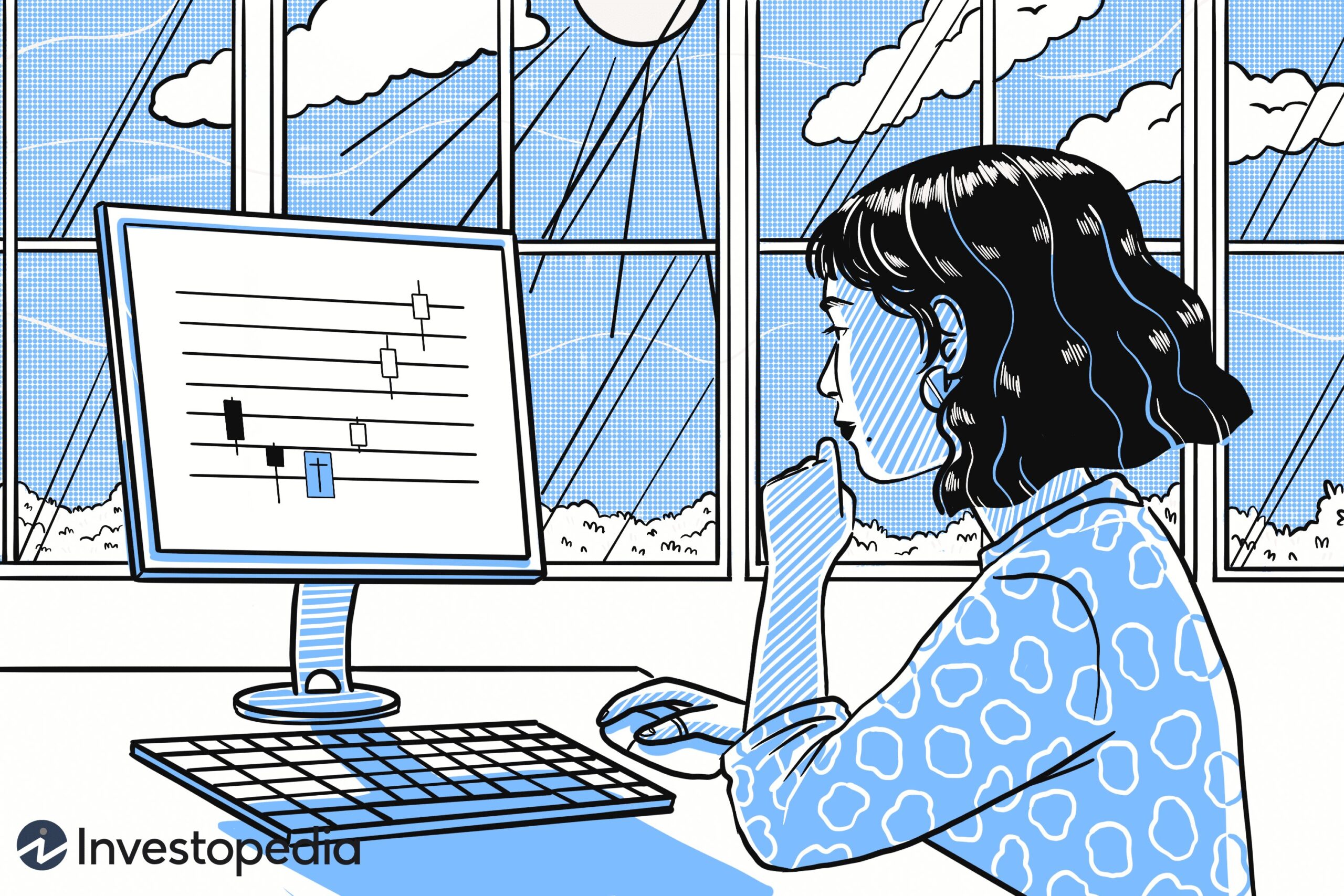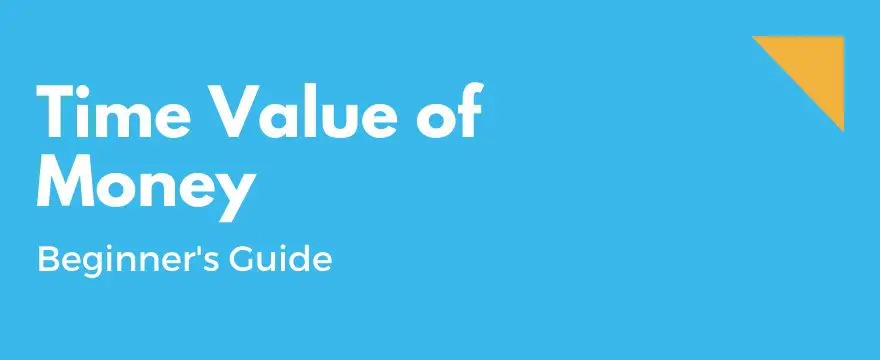Are you struggling with credit card debt and feeling overwhelmed by the mounting interest charges? Look no further! In this article, we will delve into some effective strategies for paying off credit card debt quickly. Whether you want to regain control of your finances or simply accelerate your debt repayment, we’ve got you covered. By implementing these practical tips, you’ll be well on your way to becoming debt-free faster than you ever thought possible. So, let’s jump right in and discover the strategies for paying off credit card debt quickly that will give you the financial freedom you deserve.
Strategies for Paying Off Credit Card Debt Quickly
Introduction
Credit card debt can quickly become overwhelming, leading to high interest charges and financial stress. However, with the right strategies in place, you can regain control of your finances and pay off your credit card debt quickly. In this article, we will explore effective strategies that can help you eliminate your debt and achieve financial freedom. From budgeting and prioritizing payments to negotiating with creditors and exploring balance transfer options, we’ll cover a range of tactics to help you become debt-free.
Create a Budget and Track Your Spending
The first step in paying off credit card debt is to create a realistic budget and track your spending. By understanding where your money is going, you can identify areas where you can cut back and allocate more funds towards debt repayment. Here are some tips to help you create an effective budget:
- List all your sources of income
- Track all your expenses, including credit card payments
- Categorize your expenses into essential and non-essential items
- Identify areas where you can reduce spending, such as eating out or entertainment
- Allocate a portion of your income towards debt repayment
By having a clear picture of your financial situation and following a budget, you can make better decisions about how to allocate your money and pay off your credit card debt quickly.
Prioritize Your Payments
When it comes to paying off credit card debt, it’s important to prioritize your payments effectively. By focusing on the right debts first, you can save money on interest charges and accelerate your debt repayment. Here’s a step-by-step approach to prioritize your payments:
- List all your credit card debts, their interest rates, and minimum payments
- Identify the debt with the highest interest rate
- Pay as much as possible towards this debt while making minimum payments on other debts
- Once the highest-interest debt is paid off, move to the next debt on the list
- Repeat the process until all your credit card debts are paid off
By focusing on high-interest debts first, you’ll reduce the overall interest you’ll have to pay and make significant progress towards becoming debt-free.
Negotiate with Creditors
If you’re struggling to make your credit card payments, it’s worth considering negotiating with your creditors. Many creditors are willing to work out a payment plan or reduce interest rates if they see that you are committed to repaying your debt. Here are some steps to take when negotiating with your creditors:
- Contact your creditors and explain your financial situation
- Ask if they offer hardship programs or debt repayment plans
- Propose a realistic payment plan that fits your budget
- Request a lower interest rate to make your payments more manageable
- Get any agreement in writing to ensure clarity and avoid misunderstandings
Negotiating with your creditors can help you reduce your debt burden and create a more sustainable repayment plan.
Consider a Balance Transfer
If you have credit card debt with high interest rates, a balance transfer can be a useful tool to pay off your debt more quickly. A balance transfer involves moving your existing credit card balance to a new credit card with a lower or even 0% introductory interest rate. Here’s how to approach a balance transfer effectively:
- Research credit card options with favorable balance transfer terms
- Compare interest rates, fees, and the length of the introductory period
- Calculate the potential savings based on your current interest rates
- Apply for the new credit card and initiate the balance transfer process
- Create a plan to pay off the balance within the introductory period
Balance transfers can save you money on interest charges and provide a temporary relief from high-interest debt, allowing you to focus on paying off the principal amount.
Explore Debt Consolidation
If you have multiple credit card debts with high interest rates, consolidating your debt into a single loan with a lower interest rate can simplify your payments and help you pay off your debt faster. Debt consolidation involves taking out a personal loan or using a credit card with a lower interest rate to pay off your existing credit card debts. Here’s how to approach debt consolidation effectively:
- Research and compare personal loan or credit card options with lower interest rates
- Calculate the potential savings based on your current interest rates
- Apply for the loan or credit card and use the funds to pay off your credit card debts
- Create a plan to pay off the consolidated loan or credit card debt
Debt consolidation can simplify your repayment process by combining multiple debts into one, potentially lowering your overall interest rate and helping you become debt-free sooner.
Consider Debt Snowball or Debt Avalanche Method
Two popular debt repayment strategies are the debt snowball and the debt avalanche methods. These methods provide a systematic approach to paying off credit card debt.
- The debt snowball method involves listing your debts from smallest to largest balance. Focus on paying off the smallest debt first while making minimum payments on other debts. Once the smallest debt is paid off, apply the amount you were paying towards it to the next smallest debt. Repeat the process until all debts are paid off. This method provides a psychological boost as you see your debts being eliminated one by one.
- The debt avalanche method involves listing your debts from highest to lowest interest rate. Prioritize paying off the debt with the highest interest rate while making minimum payments on other debts. Once the highest-interest debt is paid off, move to the next highest-interest debt. Repeat the process until all debts are paid off. This method saves you more money on interest charges in the long run.
Choose the method that aligns with your financial goals and motivates you to stay on track with your debt repayment journey.
Explore Additional Sources of Income
If your current income is not sufficient to pay off your credit card debt quickly, consider exploring additional sources of income. Here are some ideas to boost your income:
- Take up a part-time job or freelance work
- Start a side business or monetize a hobby
- Rent out a spare room or space in your home
- Participate in the sharing economy by driving for a ride-sharing service or renting out your belongings
By increasing your income, you can allocate more funds towards debt repayment and accelerate your journey towards financial freedom.
Stay Motivated and Seek Support
Paying off credit card debt requires perseverance and discipline. It’s essential to stay motivated throughout the process. Here are some tips to help you stay on track:
- Set specific and achievable goals
- Reward yourself when you reach milestones
- Track your progress to see how far you’ve come
- Seek support from friends, family, or online communities
- Stay focused on the benefits of being debt-free
Remember, paying off credit card debt is a journey, and it may take time. Stay committed to your goals, and with the right strategies in place, you can conquer your debt and achieve financial freedom.
Paying off credit card debt quickly is an achievable goal with the right strategies and mindset. By creating a budget, prioritizing payments, negotiating with creditors, and exploring options like balance transfers and debt consolidation, you can regain control of your finances and become debt-free. Stay motivated, seek support, and make consistent efforts towards debt repayment. With determination and the strategies outlined in this article, you can achieve your goal of financial freedom and enjoy a healthier and more secure financial future.
How to Pay Off Credit Card Debt FAST (3 Proven Ways)
Frequently Asked Questions
Frequently Asked Questions (FAQs)
1. What are some effective strategies for paying off credit card debt quickly?
One effective strategy is to create a budget and allocate extra funds towards paying off your credit card debt. Another strategy is to prioritize your debts and pay off high-interest cards first. You can also consider consolidating your debt into a lower interest loan or transferring balances to a card with a 0% introductory APR.
2. How can I avoid accumulating more credit card debt while trying to pay it off?
To avoid accumulating more credit card debt, it’s important to track your expenses, stick to your budget, and avoid unnecessary purchases. Consider leaving your credit cards at home and using cash or a debit card instead. Additionally, try to negotiate lower interest rates with your credit card issuers to help reduce the overall amount owed.
3. Is it better to make minimum payments or pay more than the minimum each month?
Paying more than the minimum each month is highly recommended. By making only the minimum payments, you end up paying more in interest over time, and it will take much longer to pay off your debt. Aim to pay as much as you can afford each month to accelerate the debt repayment process.
4. Should I consider taking out a personal loan to pay off my credit card debt?
Taking out a personal loan can be a viable option if you can secure a lower interest rate than what you are currently paying on your credit cards. It allows you to consolidate your debts into a single payment with a fixed repayment timeline. However, be cautious and compare interest rates, fees, and terms before committing to a personal loan.
5. What are some ways to increase my income to pay off credit card debt?
You can explore various options to increase your income, such as taking on a side gig or freelance work, selling unused items, or asking for a raise at your current job. Consider finding ways to generate extra income that align with your skills and interests without causing excessive stress or compromising your primary job.
6. Should I consider debt settlement or debt consolidation companies?
Debt settlement and debt consolidation companies can provide assistance in managing your credit card debt, but it’s important to thoroughly research and evaluate them before getting involved. Be aware of potential fees, hidden costs, and the impact these options may have on your credit score.
7. Is it advisable to close credit card accounts after paying off the debt?
Closing a credit card account after paying off the debt can have both positive and negative effects. On one hand, it can help you avoid the temptation of using the card again and limit the potential for more debt. On the other hand, closing credit accounts can impact your credit utilization ratio and potentially lower your credit score. Evaluate your situation and consult with a financial advisor if necessary.
8. How long does it usually take to pay off credit card debt?
The time it takes to pay off credit card debt depends on various factors such as the amount owed, interest rates, and repayment strategies. It is important to stay consistent with your repayment plan and make additional payments whenever possible. With dedication and discipline, you can typically pay off credit card debt within a few months to a few years.
Final Thoughts
In conclusion, implementing effective strategies for paying off credit card debt quickly is crucial for achieving financial stability. Start by creating a budget and identifying areas where expenses can be reduced. Consider using the snowball or avalanche method to prioritize and tackle debts. Additionally, explore balance transfer options with lower interest rates and be cautious of unnecessary spending. Remember, consistent and disciplined efforts, alongside a clear repayment plan, can help you overcome credit card debt and achieve financial freedom. By implementing these strategies for paying off credit card debt quickly, you can regain control of your finances and improve your overall financial well-being.



